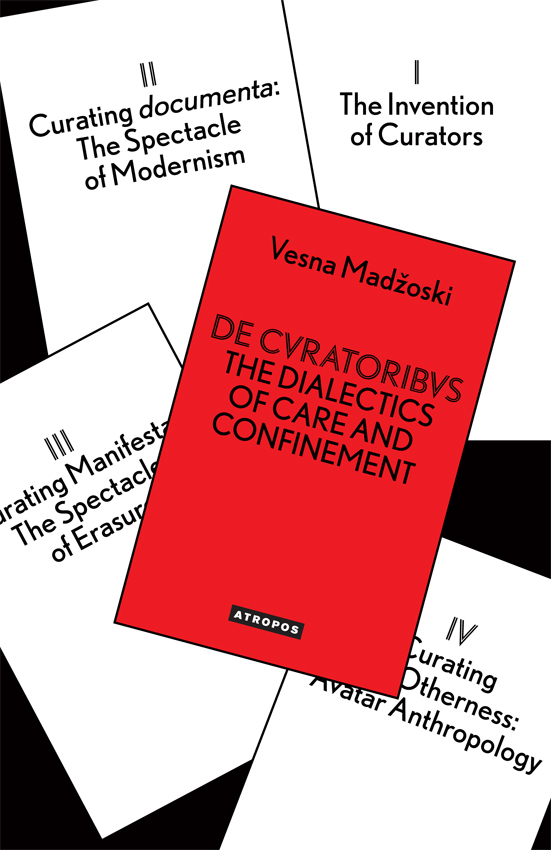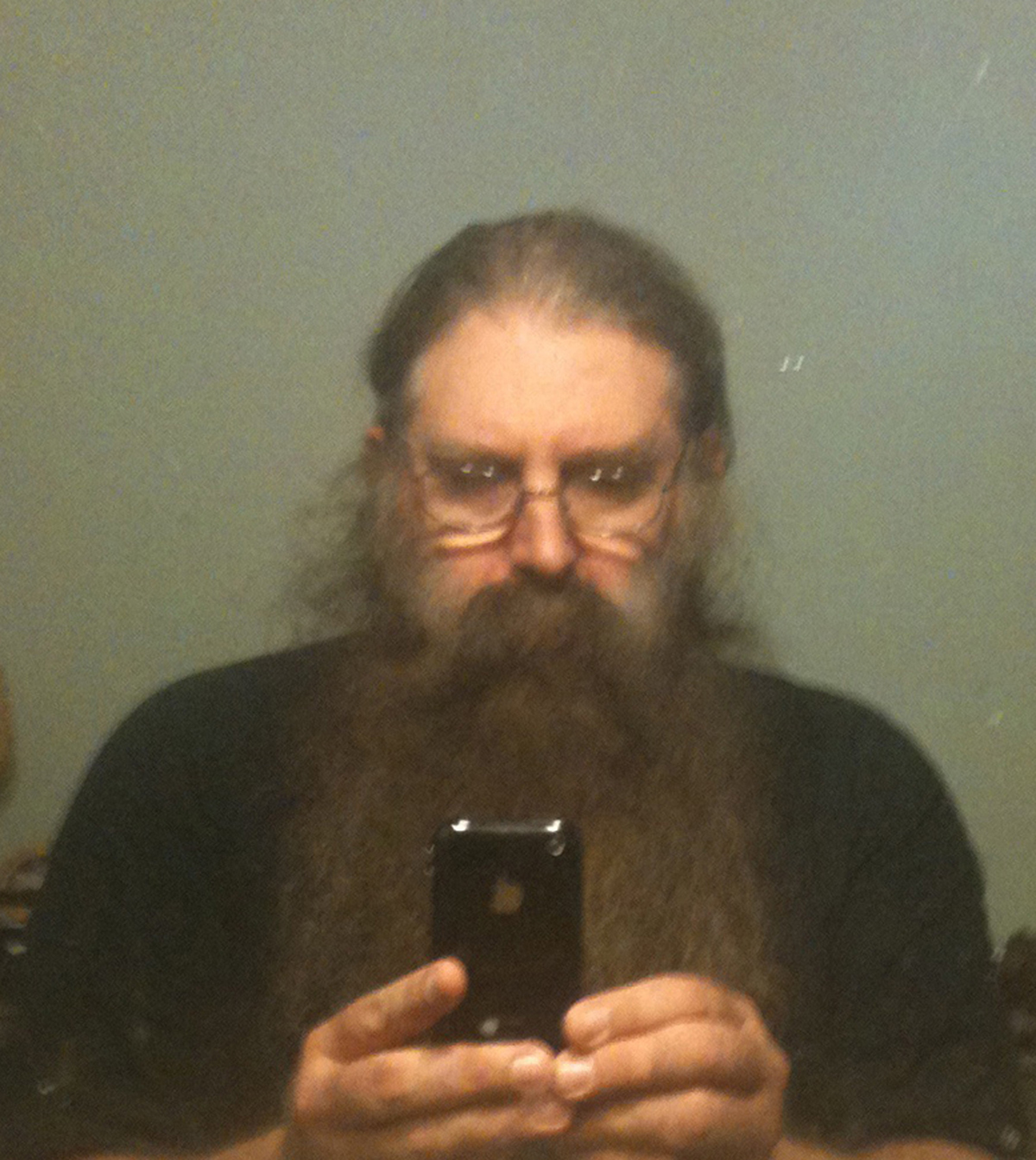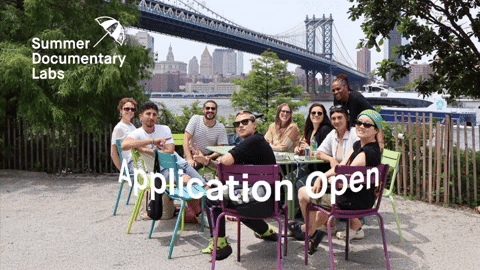Jef Cornelis – Documenta 4
1968, B&W 16mm transferred to video, 53’40″
Dutch, English, French and German spoken, English subtitles
When Documenta 4 takes place in 1968 the international art world is entangled in an authority crisis as well, as Roger Raveel indicates: ”worn threadbare”. At the time Kassel, with Arnold Bode as its artistic director, saw things differently. Documenta 4 was streaked with controversy and debate. The politicization of society in the late 1960s made itself felt in Kassel – red flags and groups of people chanting slogans meant that the closeding speeches could not be held. Moreover, Documenta 4 was going through an internal generational conflict and a debate on the fragile relationship of aesthetic judgment and democratic forms of reaching a consensus. During interviews with, among others, Sol Lewitt, Joseph Beuys, Harald Szeemann, Allen Jones, Christo, Martial Raysse and Robert Rauschenberg they act the injured innocent and situate themselves on the side of the bewildered spectator. Sublime irony, since things were not that new and innocent at all.
In some ways Cornelis conceptualises a way of appropriating the event, sidestepping and questioning the definitions of exhibition makers, but also of artists, of an exhibition, of contemporary art. This is possible because Cornelis takes his own medium as a subject. He ignores and questions the authoritarian position offered to him by his medium and he provokes the spectator into judging for himself. The commentary is limited. It is put into perspective and completed with accompanying interviews. In doing so Cornelis enabled a perspective which is not clouded by mystifications and mythomaniacs.
(from Argos Center for Art & Media)
The rich and impressive body of work of Jef Cornelis has yet to be evaluated and analyzed. In the period between 1963 and 1998, he was primarily active as a director and scriptwriter for the Flemish broadcasting company (VRT) in Belgium. One of the most important aspects of Cornelis’ work is that he did not hide himself behind the camera, or present his films as objective and essentially “true” to reality. Instead, inspired by certain developments in the filmmaking of the 1960s, he treated the camera as his pen, or camera stylo, as a way to express his opinions on the events that he filmed. Apart from being a television maker, he was also involved in various art initiatives, and was an active participant in the international art scene, which gave him a unique access to this field. He has left behind several documentaries in which the art world is constructed and presented in a particular way, reflecting his deep dissatisfaction with certain manifestations of power. Nevertheless, after filming documenta 5 in 1972, Cornelis decided to stop filming the “art world”.
In her new book DE CVRATORIBVS. The Dialectics of Care and Confinement (Atropos Press, 2013), Vesna Madzoski finds two documentaries by the Flemish filmmaker Jef Cornelis to be crucial in the analysis of the history and ideology of documenta. In the lecture, she will offer an overview of problems raised by the documentaries, as well as point out the specificity of Cornelis’ method in filmmaking. Among other things, we will recount the problems and changes provoked in Europe by the first arrival of the artists from the new art center of the world – New York.

Vesna Madzoski is an independent theorist and researcher based in Amsterdam. She has a PhD from the European Graduate School, Saas-Fee, Switzerland. Her PhD research, entitled “DE CVRATORIBVS. The Dialectics of Care and Confinement” focused on the history of curating, the transformations of this practice in the past fifty years and its relationship with the political and economic systems. She has been one of the editors of Prelom, a Belgrade-based journal for art and theory, and since 2006 is a member of the artists’ collective Public Space With A Roof in Amsterdam.
More info: http://madzoski.synthasite.com.

Thomas Zummer, is a scholar, artist, curator, who lectures and publishes on philosophy, aesthetics, and the history of technology. Zummer’s artworks have been exhibited worldwide, and he has taught at Brown, NYU, The New School, Transmedia programme, Brussels, and Tyler School of Art/Temple University. He is currently Faculty in Philosophy at the Europäische Universität für Interdisziplinare Studien/European Graduate School (EUFIS/EGS), Saas-Fee, Switzerland, Assistant Professor in the Graduate Program in Graphic/Information Design at Central Connecticut State University, and Adjunct Professor in the Graduate Studies Division and the Digital + Media Department at RISD. Thomas Zummer holds a PhD summa cum laude in Philosophy and Media/Communications Studies, and currently lives and works in Brooklyn, NY.
Nova Benway is a curator, writer and member of the organizing committee of the free education platform The Public School, New York, where she hosts Between Who, a series of events exploring the intersections between pedagogy and artistic research and artists’ communities. Since 2011, she has been on the curatorial team at The Drawing Center in New York, where she is co-curator of closed Sessions, a two-year program of experimental exhibitions and public programs co-organized with more than fifty local, national and international artists.
This evening is organized in cooperation with MINI/Goethe-Institut Curatorial Residencies Ludlow38 and made possible in part with public funds from the New York State Council on the Arts’ Electronic Media and Film Presentation Funds grant program, administered by The ARTS Council of the Southern Finger Lakes (www.NYSCA.org, www.eARTS.org).
For screening inquiries, please contact ARGOS Centre for Art & Media.







